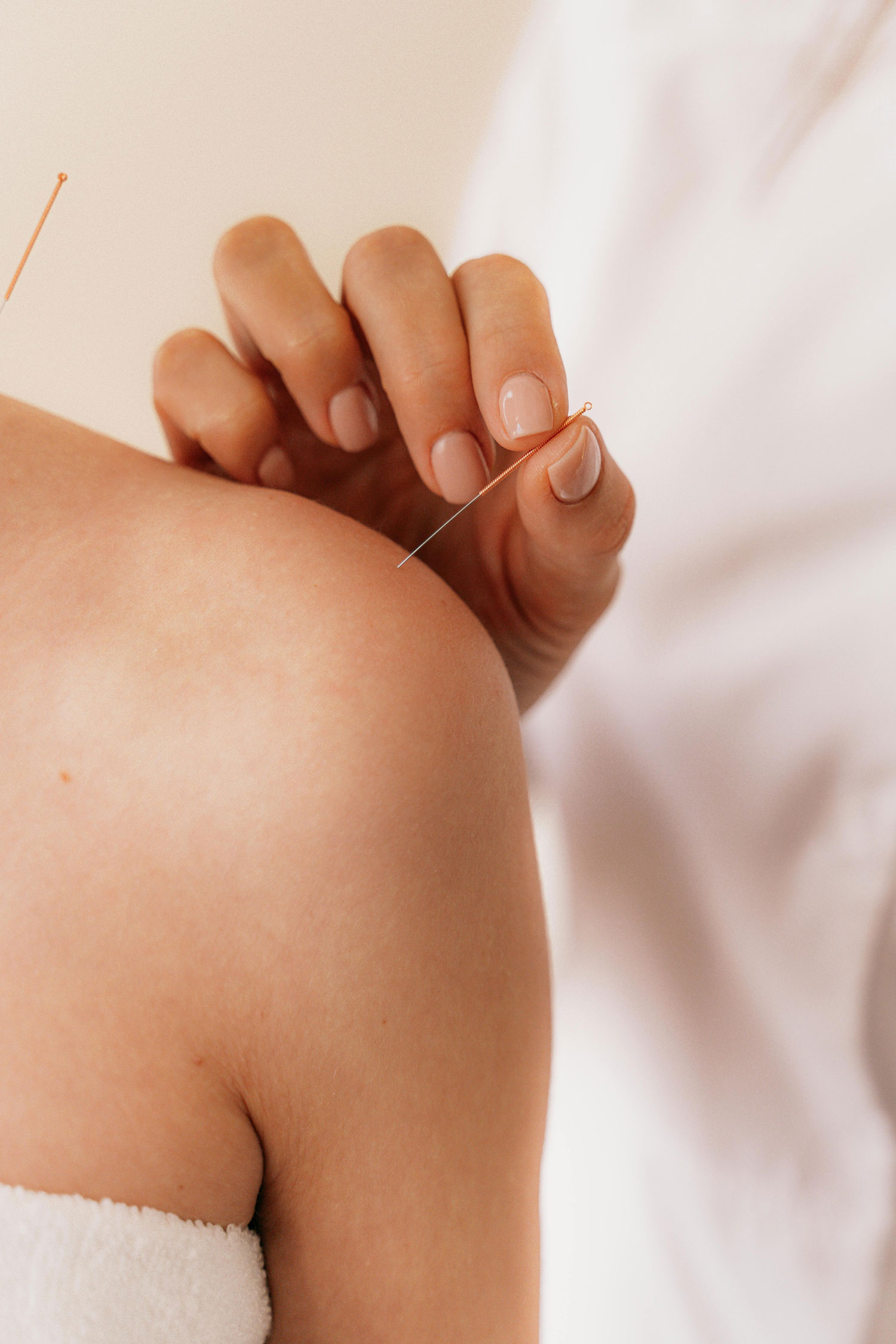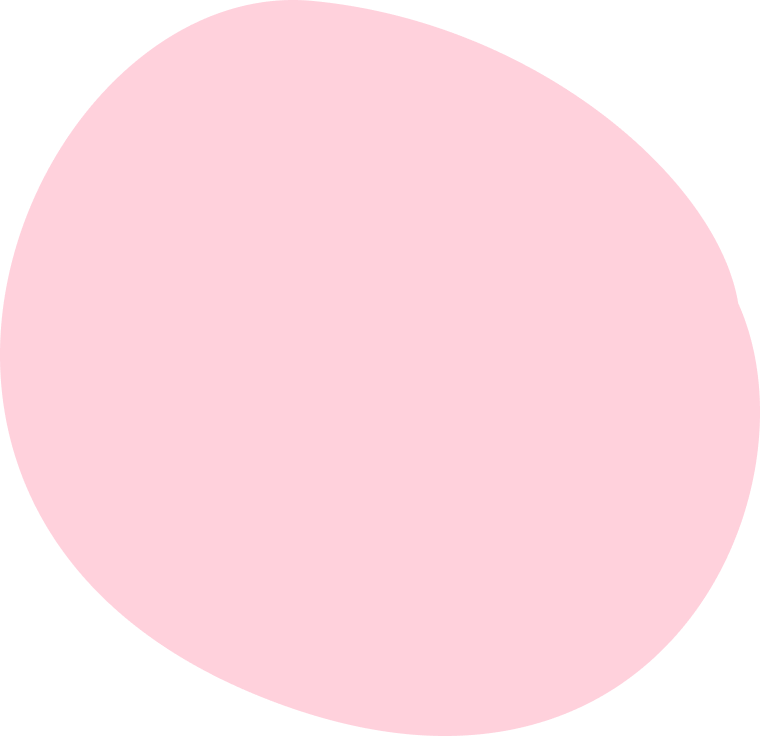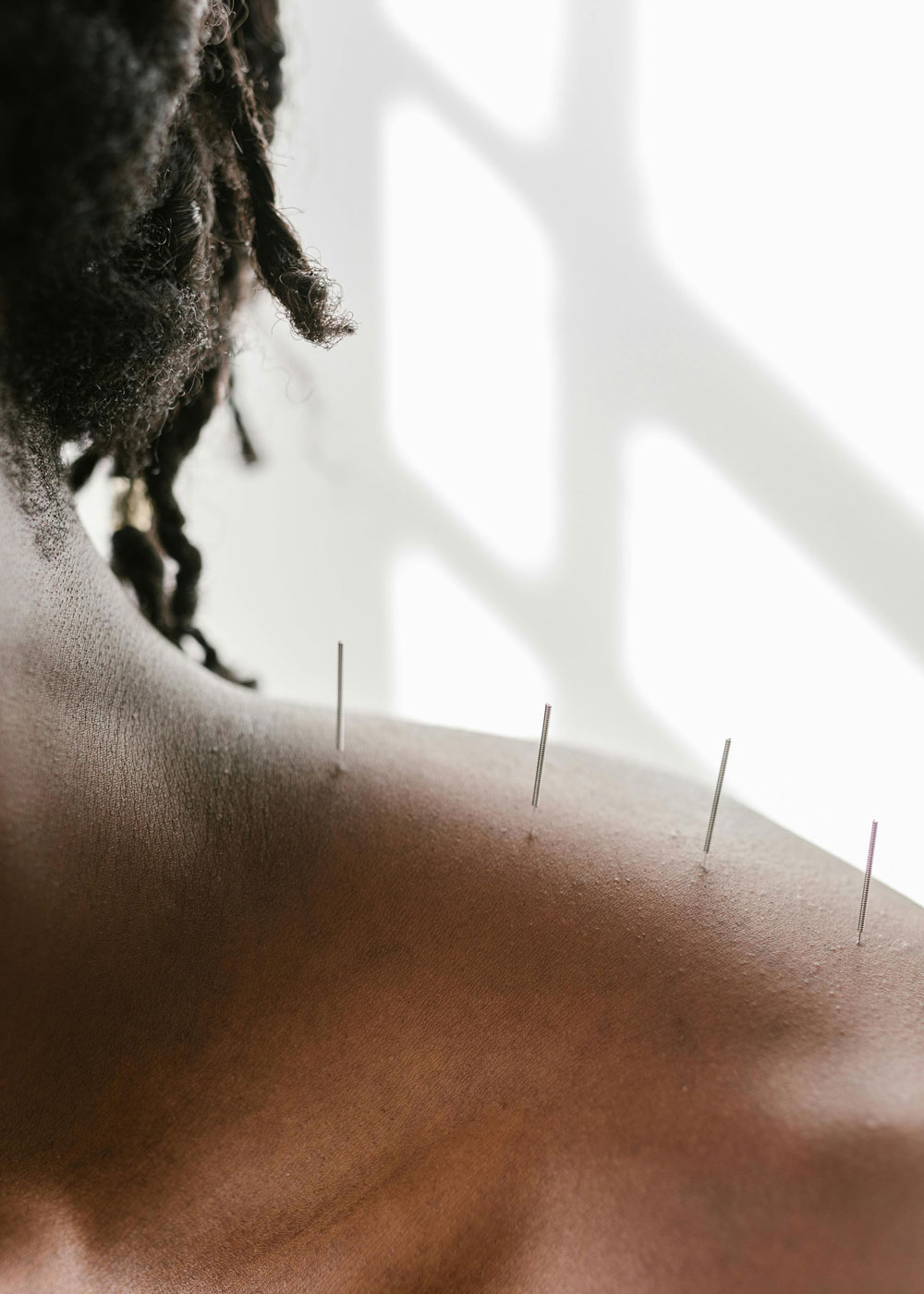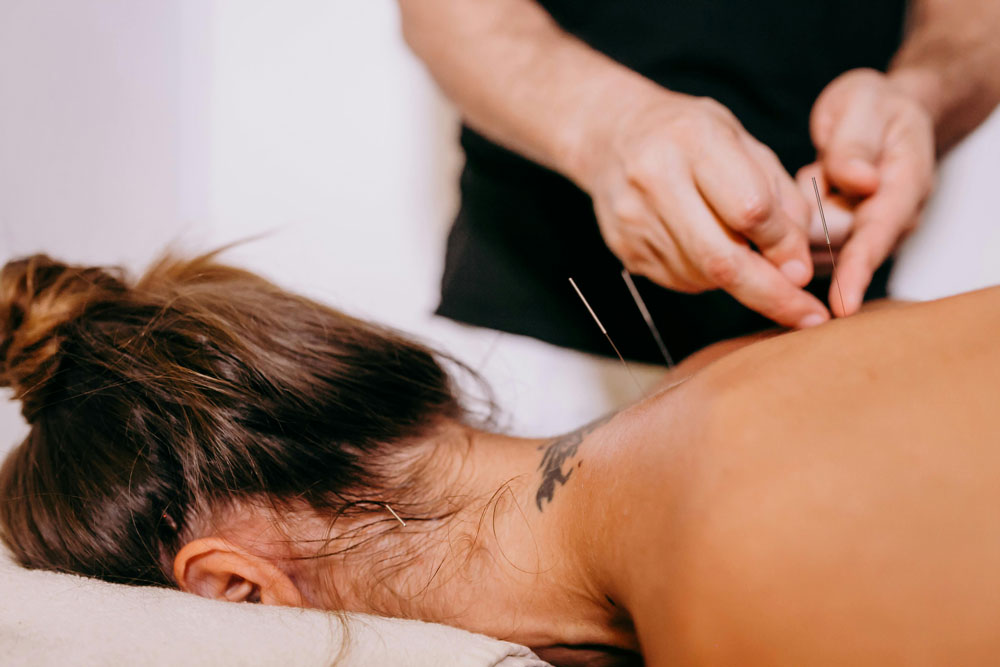Acupuncture
Acupuncture is a traditional form of holistic therapeutic medicine. It developed more than 2000 years ago in China. The theories behind it will always be valid because they are based on laws that govern Nature and any living organism on our planet, to restore balance.
Acupuncture treatment can involve other techniques such as Guasha, Cupping or Moxa depending on the individual’s TCM diagnosis. The treatments not only solves the symptoms but is also targeted at improving the underlying conditions and as treatments accumulate, side-effects such as rejuvenating and regaining overall health may occur.
Acupuncture is the use of extremely fine needles are inserted in different areas of the body, to correct imbalances on the physical, mental or emotional levels and prevent diseases. Needles are placed on specific acupoints that benefit the individual. They work as dams and restore the flow of Qi in the channels affected. Qi flow is easily obstructed, or depleted, which will manifest as pain, illness, or discomforts.
Nowadays, acupuncture is also used alongside western medical diagnosis to support with symptoms of certain conditions, integrating allopathic and holistic medicines for even better results.
The World Health Organisation recognises the effects of acupuncture for following issues such as:
Headaches, back and neck pain, musculoskeletal pain like frozen shoulder, tennis elbow, carpal tunnel syndrome, joint pain, Arthritis, tinnitus, insomnia, depression, stress, allergies, digestive disorders weight loss, menstrual disorders etc…


How Acupuncture can help you
Pain Relief
Acupuncture helps to reduce pain by first of all, relaxing the muscles.
Learn More
Menopause
Acupuncture will also help minimise other symptoms associated with this syndrome, making it become a graceful transition.
learn more
Prevention-immunity
Why not try acupuncture to bring your body to a state of ultimate health or for a rejuvenation treatment!
learn more
Women's Health
Acupuncture can benefit urogenital conditions by strengthening the urogenital system and help the body restore balance and harmony.
Learn More
Digestion
Acupuncture and TCM dietary advice can help with many digestive disorders such as constipation, diarrhoea, abdominal pain, bloating, IBS, nausea and heartburn.
Learn More
Menstrual Disorders
Acupuncture has ways to enable communication between the brain and the female reproductive system to restore hormonal imbalances, and regulate the menstrual cycle.
Learn More
Manage emotions
Releasing endorphins, regulating the serotonin and dopamine and other hormones, acupuncture stimulates the nervous system, improves sleep and lifts the mood.
Learn More
Tiredness and Chronic Fatigue
Chronic Fatigue manifests as muscle aches and pains, poor concentration low energy, frustration and depression. Acupuncture can restore this imbalance and regenerate energy in an upright way.
Learn More
Wound & Scar Healing
Acupuncture accelerates the regeneration of the skin process by improving blood circulation right where it is needed.
Learn More
More on Acupuncture
Acupuncture is recognised as safe and beneficial for many conditions but it’s not a cure-all for everything — you should still be taking your medications. While it may not eliminate your symptoms, it could still ease them. So it may be worth a try, especially when it comes to chronic pain. A practical view sees acupuncture as a relatively safe and moderately effective intervention for a wide range of common chronic pain conditions. For those patients who choose it and who respond well, it considerably improves health-related quality of life and it has much lower long term risk for them than non-steroidal anti-inflammatory drugs. It may be especially useful for chronic musculoskeletal pain and osteoarthritis in elderly patients, who are at particularly high risk from adverse drug reactions.
What are the side-effects?
The most common side effects of acupuncture are things everyone wants: better sleep, more energy, mental clarity, better digestion and less stress. One or several of these side effects occur routinely for many acupuncture patients.
How often should you have acupuncture?
It’s recommended that clients should start by having 1-2 acupuncture sessions per week, for 2-4 weeks. However, clients with chronic conditions may require more frequent treatment. Whilst 1-2 sessions per week is a good baseline, it’s important to assess a patient’s condition before beginning treatment.


TCM Practitioners
~ TCM = Traditional Chinese Medicine ~
The following note is partly based on a 2015 study published by a group of Chinese researchers What is the Acupoint? (A preliminary review of Acupoints by Fang Li, MD; Tian He, MD; Qian Xu, MD; Li-Ting Lin, MD; Hui Li, MD; Yan Liu, MD,; Guang-Xia Shi, MD,; Cun-Zhi Liu, MD, PhD. As the authors pointed out “due to insufficience in evidence and in current methodologies, research into mechanisms of acupuncture is still incomplete.”
Traditional Chinese medicine (TCM) practitioners believe the human body has more than 2,000 acupuncture points (acupoints) connected by pathways or meridians. These pathways create an energy flow (Qi, pronounced “chee”) through the body that is responsible for overall health. Stimulation at the acupoints modulates the physiology of the body, such as lowering blood pressure, preventing arrhythmic recurrences, relieving functional dyspepsia (FD) symptoms and improving life quality. Many are also familiar with acupuncture’s analgesic (pain relieving) properties. However, what is the acupoint?
This question is not clear despite more than 2000 years of well-documented research (in China and elsewhere). The basic concepts of TCM are derived from ancient Chinese natural philosophy and TCM presumes that there are two opposing and complementary forces that coexist in nature: Yin and Yang . These two forces interact to regulate the flow of “vital energy,” or Qi. When a person is in “good health,” Yin and Yang are in balance, and the flow of Qi is smooth and regular. When Yin and Yang become “unbalanced,” there are disturbances in Qi, which lead to illness and disease. The ancient Chinese believed that Qi flows through a network of channels called meridians and collaterals, which bring Qi from the internal organs to the skin surface. Along these meridians, there are acupoints that can be stimulated to correct the imbalance, restore the body to normal health and promote the blood flow. The theory of restoring the balance of Yin and Yang may be also translated into Western medicine terminology as “modulating the balance of the autonomic nervous system: the sympathetic and the parasympathetic”.
In TCM theory, acupunture treatment evokes a feeling called Deqi (pronounced “duh-chee”) which is associated with the efficiency of the treatment itself. Acupuncturists usually rotate or twist the needle up and down to promote Deqi. Numerous neuro-imaging and physiological studies of Deqi have been made by researchers and it is believed that it is not only the needling sensation but also the patient’s perception of changes in the flow of Qi elicited by needling on acupoints . Therefore, the efficiency of acupuncture and the mechanism of maintaining homeostasis – the optimal functioning of the organism – by acupoints may due to Deqi .
In summary, acupoints may release certain substances or promote changes which could adjust the function of organs and the optimal functioning of the organism (homeostasis) as well as treat disease.
Top 10 Benefits of Acupuncture in the Workplace
~ as published by a leading community health care provider in Chicago, USA ~
Reduced Stress
Reduced Back Pain, Neck Tension and Relieve Joint Pain in the Hands and Arms
Relief from Headaches
Reduced Eye Strain
Improved Immune System and Reduced Sick Days
Enhanced Mental Clarity and Increased Energy
Relief from Digestive Conditions
Allergy Relief
Reduced Cigarette Craving
Fewer Injuries on the Body Due to Repetitive Strain


Book your Session Today
Sessions are available at Framlingham Physiotherapy Centre on Mondays between 9am-12pm, Wednesdays 2:45pm-4:30pm and Fridays from 9am-12pm.
To book your acupuncture session, please email me at [email protected]